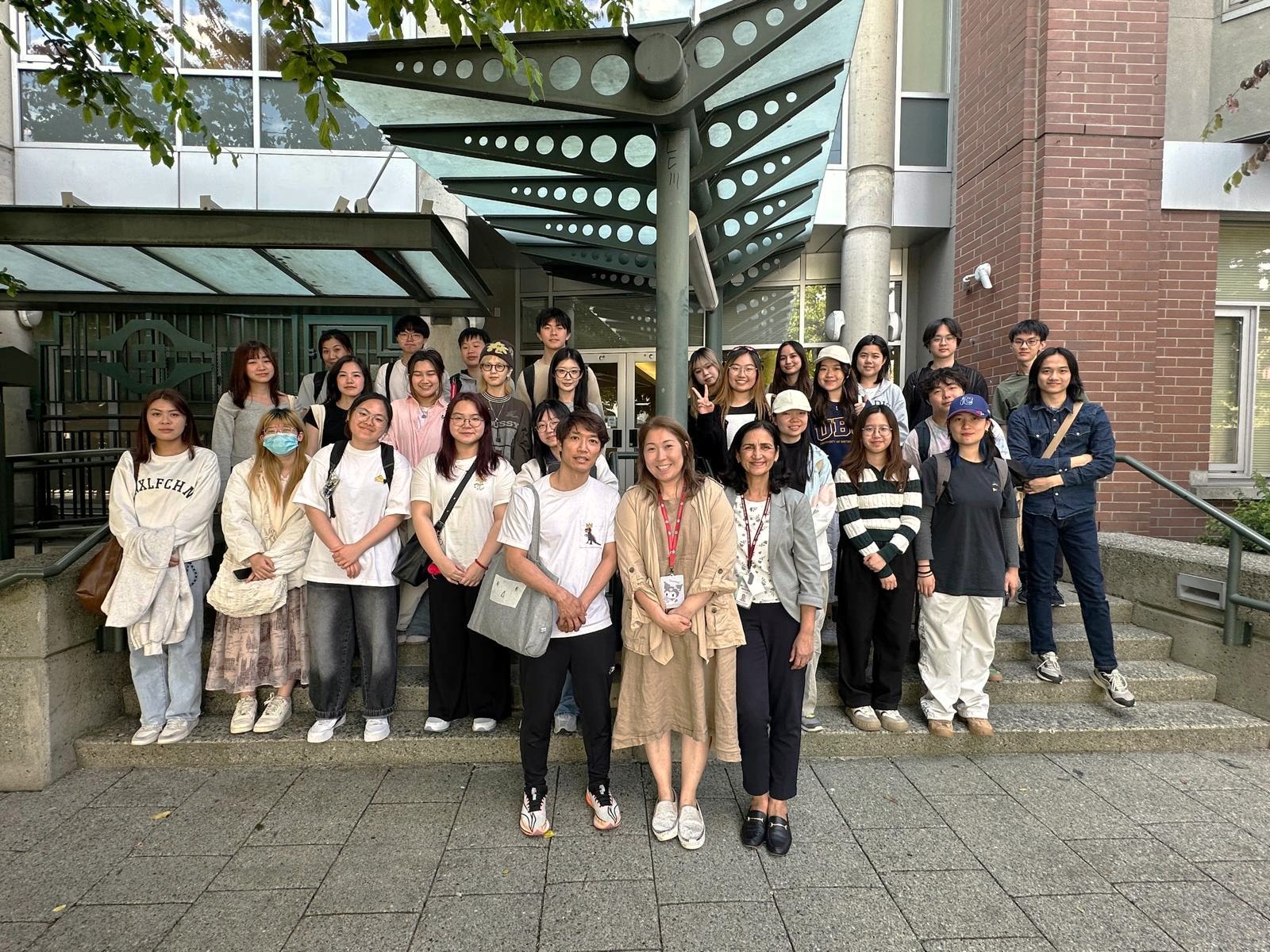Submission to The Social Lens: A Social Work Action Blog by Donna Baines, Director and Professor
The concept of “skills” in the social work world needs to be problematized as it is not neutral. Rather, it is central to powerful discourses that systemically undervalue the social work skills and practices associated with social justice, social movements, social change, policy analysis, community development and mobilization, and advocacy. What all these skills have in common is that they provide tools to question and challenge the status quo, expose inequities, provide empowering counterstories and draw people together to redress injustices. Though social justice skills are more needed now more than ever, they are frequently dismissed by underfunded, overloaded employers who insist that social workers be job-ready and immediately able to take on large, complex caseloads with little or no training.
The skills debate is also highly gendered with skills associated with woman-identified areas of work being seen as low or no skill, while areas of work associated as male being seen as skilled and deserving of higher rewards and respect. Care skills are further demeaned as just something that “women” naturally do in the home and community, and therefore not recognizably skills worthy of decent pay and conditions.
Within the skill debate, “skills” are generally held up as something that social work students do not have and must acquire in order to be successful in the job market. In contrast, adult learning models argue that adult students bring lived experience, social skills, self-awareness and personal histories to post-secondary education that act as a firm base of resources on which new learnings can be built and applied. Adults also tend to be more strongly motivated towards socially relevant learning including critical social analysis in its many forms. This suggests that rather than being unskilled blank slates, social justice analysis and practice is an essential plank in fostering students’ understanding and interpretation of their own experience in ways that generate social work practice that is more effective, empathetic and equitable.
Skills are also often discussed as if they are timeless and can be separated from the context in which they are used and taught. This decontextualizing is ahistorical and acts as a conservative force because it holds back the idea that skills must be continually developed and refined in response to emerging and unmet needs, new knowledge and changing social conditions.
Neoliberalism’s emphasis on narrowly quantifiable outcomes also means that certain social work skills (such as open-ended relationship building, critical social analysis, advocacy, policy analysis, organizational change, counterstorying and critical reflexivity) are marginalized within a debate that views skills exclusively as depoliticized, easily measured, fast paced, and increasingly short term, direct interventions with individuals, families and groups. As Fran Waugh and I (2019) argue, “One of the main victims of this rationalization of practice has been the hallmark trust-based, dignity-enhancing, time-intensive relationships generally thought to form the impetus and means for change within social work endeavor (p.250).” Similarly, Brown and MacDonald (2020) argue that rather than quietly accepting neoliberal social work practices as valid and skill-based, anti-oppressive social workers need to critique the neo-liberal managerialized approaches of agencies, hospitals and government that increasingly emphasize bio-medical, decontextualized, depoliticized, diagnostic, pathologizing, one-size-fits all, standardized, “evidence-based” and short-term quick strategies. While these practices pose as objective and neutral they do not address inequity and oppression (p.32).
Failure to problematize and politicize the skills debate, as well as the larger political economy that benefits from inequity and marginalization, produces social work practice that deepens and extends neoliberalism in the lives of service users, communities and social work organizations, rather than challenging it.
Critical clinical social work provides much-needed, far reaching remedies to this separation of social justice and skill. Rather than staking out clinical work as a realm of refined and depoliticized “skill” in which politics and power play no part, critical clinical social work starts from a recognition that clinical practice and clinical skills are practices of power and an arena that is replete with possibilities for social justice practice as well as for oppressive practice. The critical clinical model emphasizes: 1) the depathologizing of the service user’s experience; 2) the unpacking and re-storying of dominant and unhelpful social stories; and 3) the fostering of counterstories that highlight diverse experience and individual and social resistance.
The social problems facing service users and communities are complex and often deeply rooted, requiring strong and far-reaching interventions. Critical clinical social work provides the crucial link between theory and practice that generates thick and nuanced social justice-engaged solutions to the difficult questions facing social workers and service users.
For more resources, please see:
Brown, C. and MacDonald, J. (eds). Critical Clinical Social Work: Counterstorying for Social Justice. Toronto: Canadian Scholars Press.
Brown, C. (2016). The constraints of neo-liberal new managerialism in social work education. Canadian Social Work Review/Revue canadienne de service social, 33(1), 115-123.
THE SOCIAL LENS: A SOCIAL WORK ACTION BLOG - The views and opinions expressed in this blog are solely those of the original author(s) and do not express the views of the UBC School of Social Work and/or the other contributors to the blog. The blog aims to uphold the School's values and mission.


